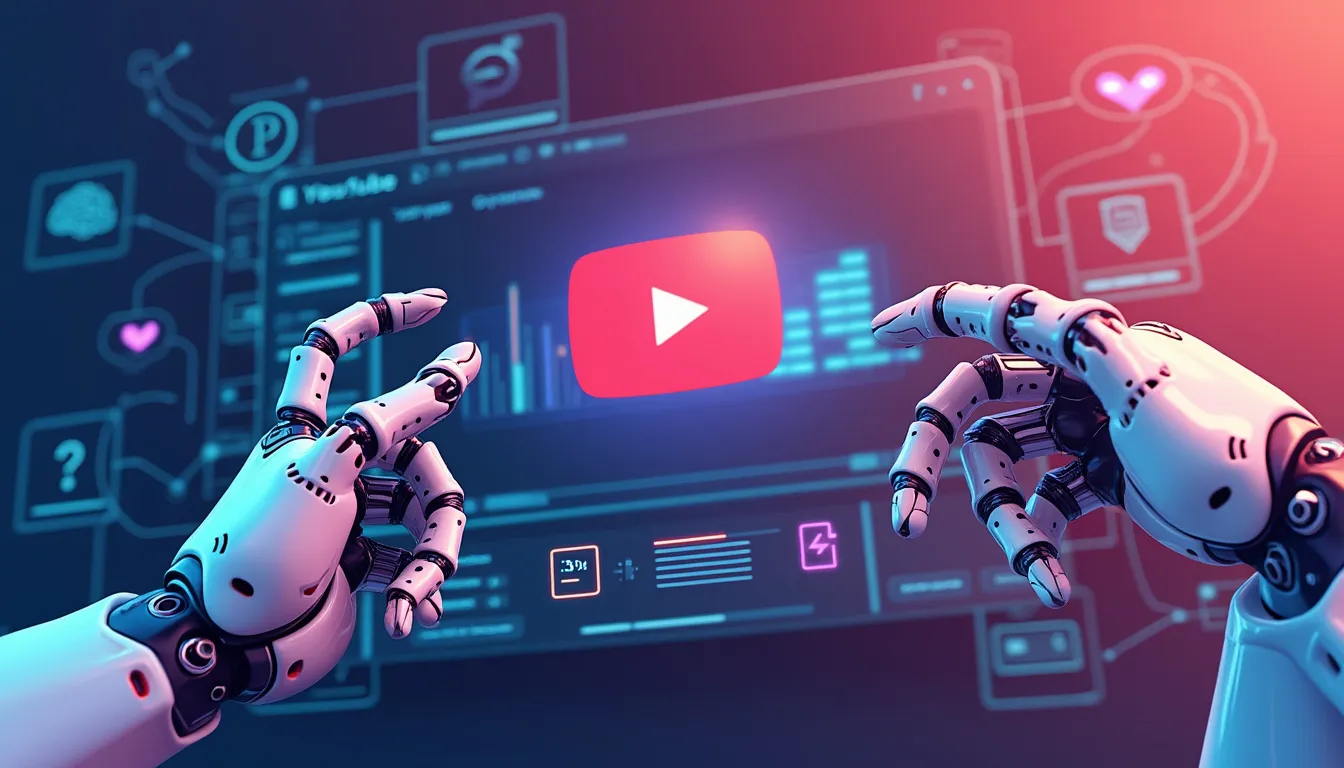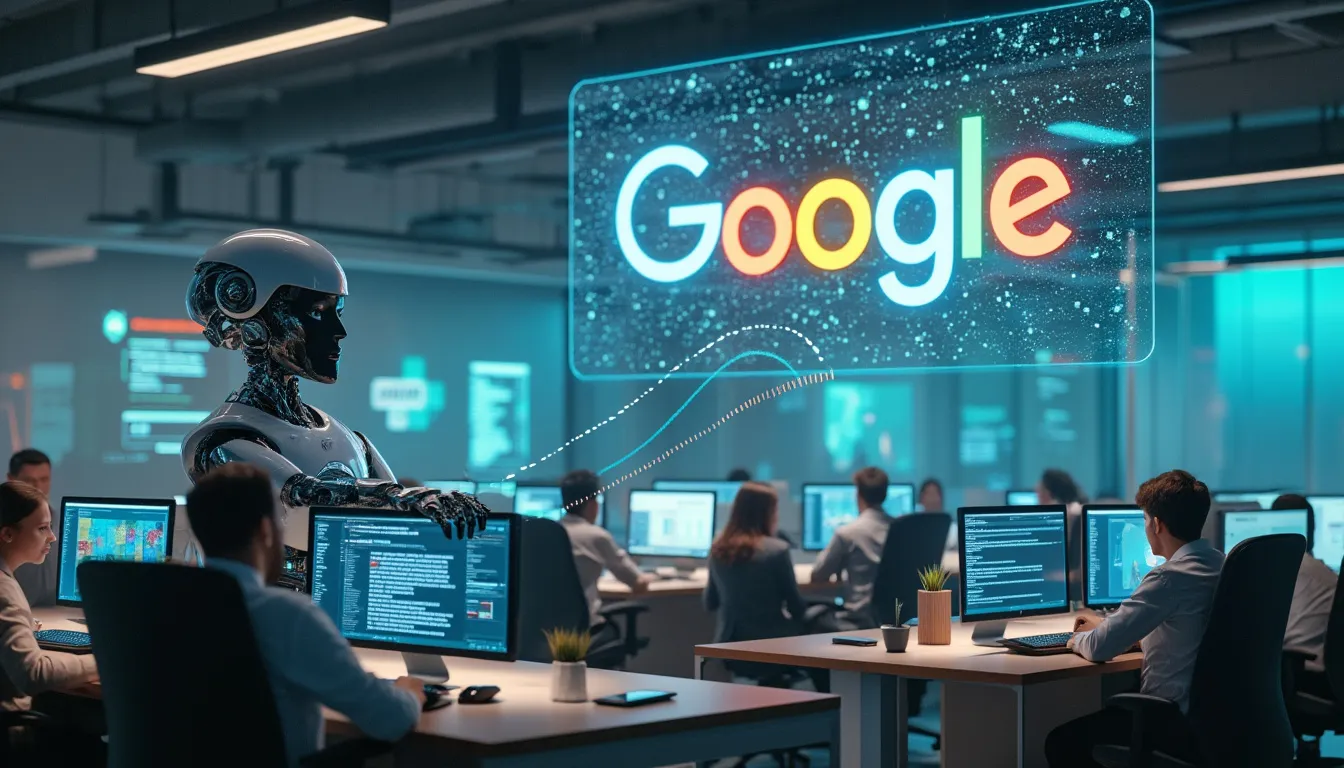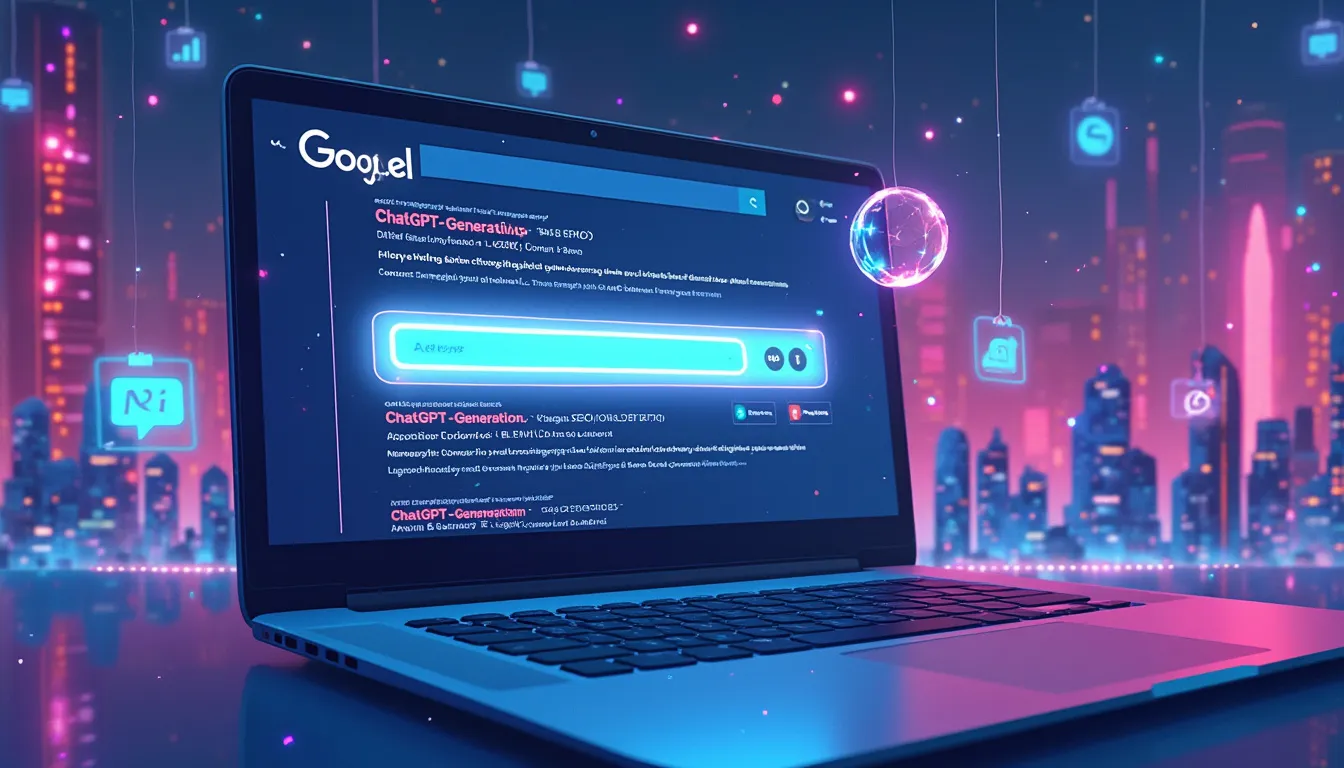Understanding If Google SEO Penalizes AI-Generated Content
The digital realm is buzzing with speculation: does Google SEO punish AI content? With the rise of AI technologies in content creation, it’s essential to clarify this matter and identify best practices for content creators and SEO enthusiasts.
The AI Revolution in Content Creation
Artificial Intelligence has transformed many industries, and content creation is no exception. AI-powered platforms like GPT-3 have enabled writers to generate content efficiently and creatively. While AI can enhance productivity and introduce novel ideas, concerns arise about how Google’s SEO algorithms perceive such content. Are these digital creations at risk of facing the wrath of Google’s penalties?
Google’s Perspective on AI-Generated Content
Google’s commitment lies in providing users with high-quality, relevant, and trustworthy content. The tech giant’s algorithms are designed to prioritize content that provides genuine value, regardless of the origin of its creation. Therefore, the direct answer to the pressing question, does Google SEO punish AI content? is nuanced. Google’s current focus is not on the author but on the content’s quality and relevance to the user’s query.
Quality Over Origin
Google does not explicitly penalize AI-generated content per se. The key lies in adherence to their guidelines on E-A-T: Expertise, Authoritativeness, and Trustworthiness. Hence, whether content is AI-generated or human-written, its ability to meet these standards is what ultimately influences its SEO performance.
Potential Pitfalls of AI Content
While Google’s algorithms do not inherently discriminate against AI-generated content, there are some risks. AI can sometimes produce generic or repetitive content, fail to grasp the nuances of human emotion, or generate unsourced information. Such issues could lead to lower rankings as they detract from the content’s perceived quality and trustworthiness.
Best Practices for Using AI in Content Creation
To ensure AI content aligns with Google’s SEO standards, creators should consider the following strategies:
- Human Oversight and Editing: Ensure all AI-generated content is carefully reviewed and edited by a human to maintain quality and relevance.
- Focus on Unique Value: Use AI to enhance creativity, but always aim to provide unique insights that stand out to both users and search engines.
- Comprehensive Citations: Ensure AI-generated content includes accurate references and is backed by credible sources when needed.
- SEO Optimization: Incorporate effective SEO techniques, such as keyword usage, metadata, and internal linking, to bolster content discoverability.
Conclusion
In answer to the query does Google SEO punish AI content? the focus should be redirected towards content quality rather than its origin. By following best practices and ensuring AI-generated content is relevant, valuable, and trustworthy, content creators can leverage AI without fearing detrimental effects on SEO. Ultimately, whether your content is crafted by mind or machine, Google’s endgame remains the same: serving the user with the best possible experience.




